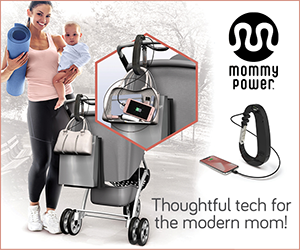Ask Kat: Teaching Empathy

As the mum of three small boys, an expert in baby products and a no-nonsense parent, resident blogger Kat Armstrong always seems to be called upon by friends, family and strangers to answer tough parenting questions. We thought it was high time she shared this knowledge with you, and her series Ask Kat was born. If you have questions for Kat, you can email her at askkat@ohbabymagazine.com.
Kat,
How do you teach empathy in toddlers and children? Forcing them to apologize seems like it doesn’t work and allowing them off the hook for their behaviour leads to tiny dictators down the road, right?
Jaya, Toronto
Jaya,
The continuing struggle! Toddlers are notorious for being absolutely rotten when it comes to their behaviour. They are driven entirely by emotion and ego and feel like they are the centre of the universe, right? I know that in our household, it’s really exhausting to be constantly trying to explain to the Tazmanian Devil why he’s not behaving properly.
Here’s what we’ve found works incredibly well with our kids even as young as 2 years old.
First we remove the child from the situation and do some deep breathing or distraction to break the situation down a bit and take the anger/frustration/mania down a few notches.
Once we have a calm child, we talk about the offending behaviour in language that they understand. We’ve always found talking about it in terms of having the behaviour reversed is helpful, such as, “How would you feel if your brother/that child/your cousin did the same thing to you?”
Once we get them to understand why their behaviour is hurtful to the other child/parent/teacher, we usually ask them to apologize thusly:
“I’m sorry I did x, y, z, I know it hurt you/made you sad/mad you angry and I will try not to do this to you again.”
Just insisting on a “sorry” I find is pretty useless as it’s not teaching our kids anything, but taking a break from the scene and teaching empathy by asking the offending child why they think it was not a great thing to do tends to get better results. It takes A LOT of work, and we don’t always have the time, so we often do an abbreviated, “Henry do you think you should apologize? What are you apologizing for?” That usually works in a speedy situation, but must be backed up most regularly with the longer, empathy building version.



